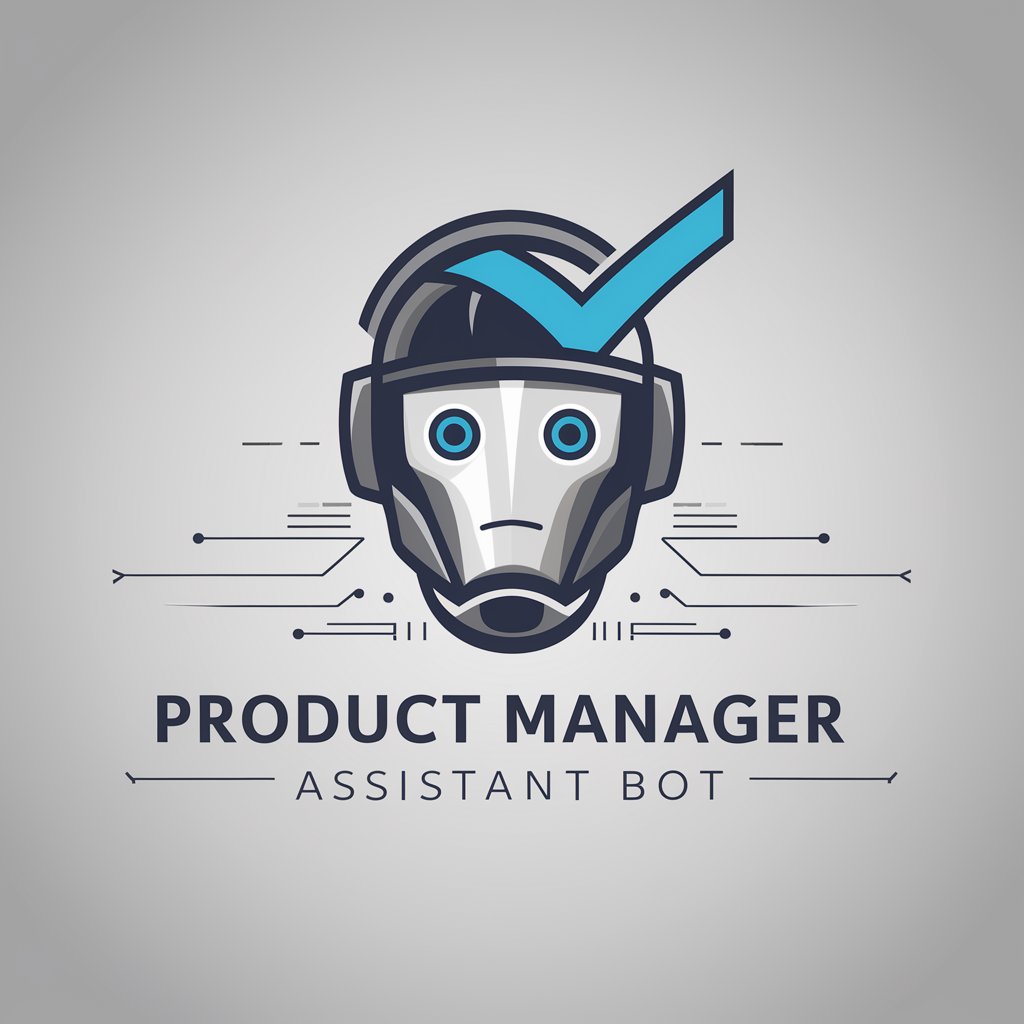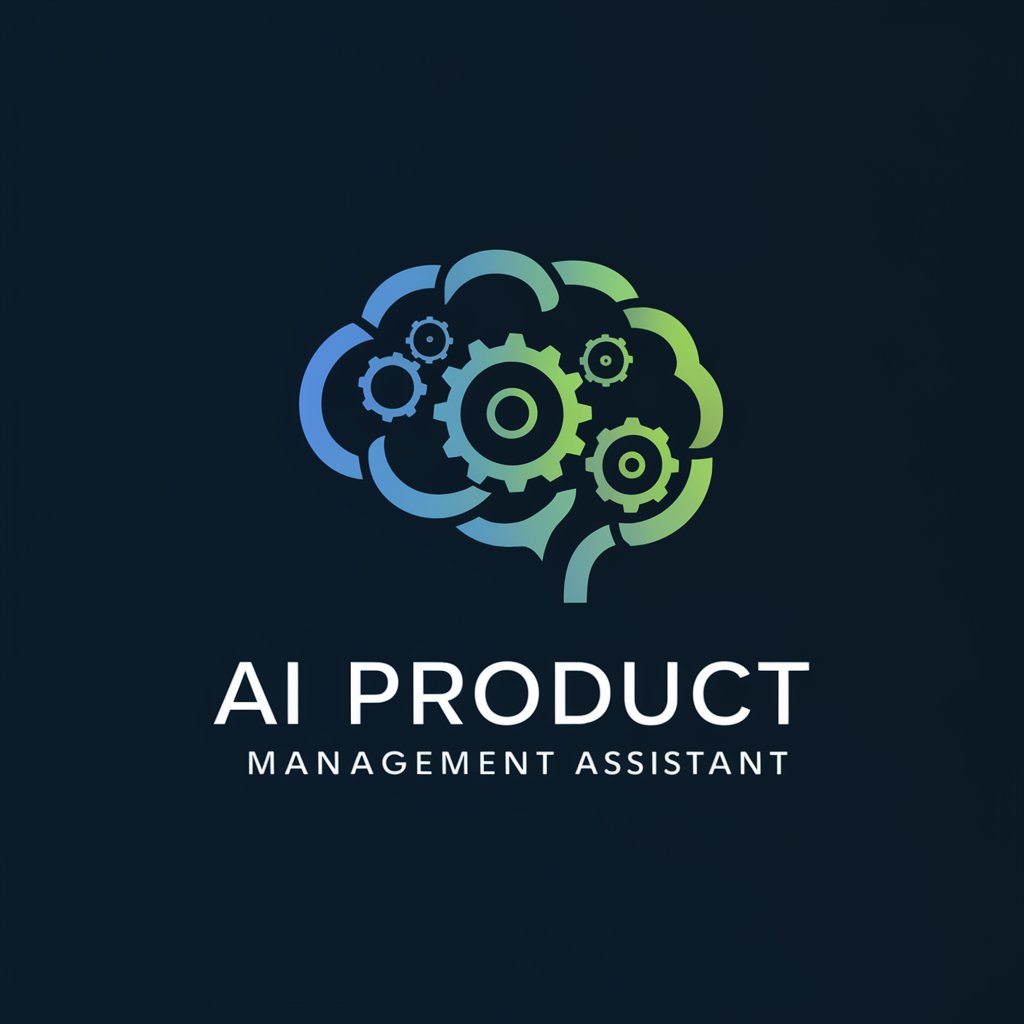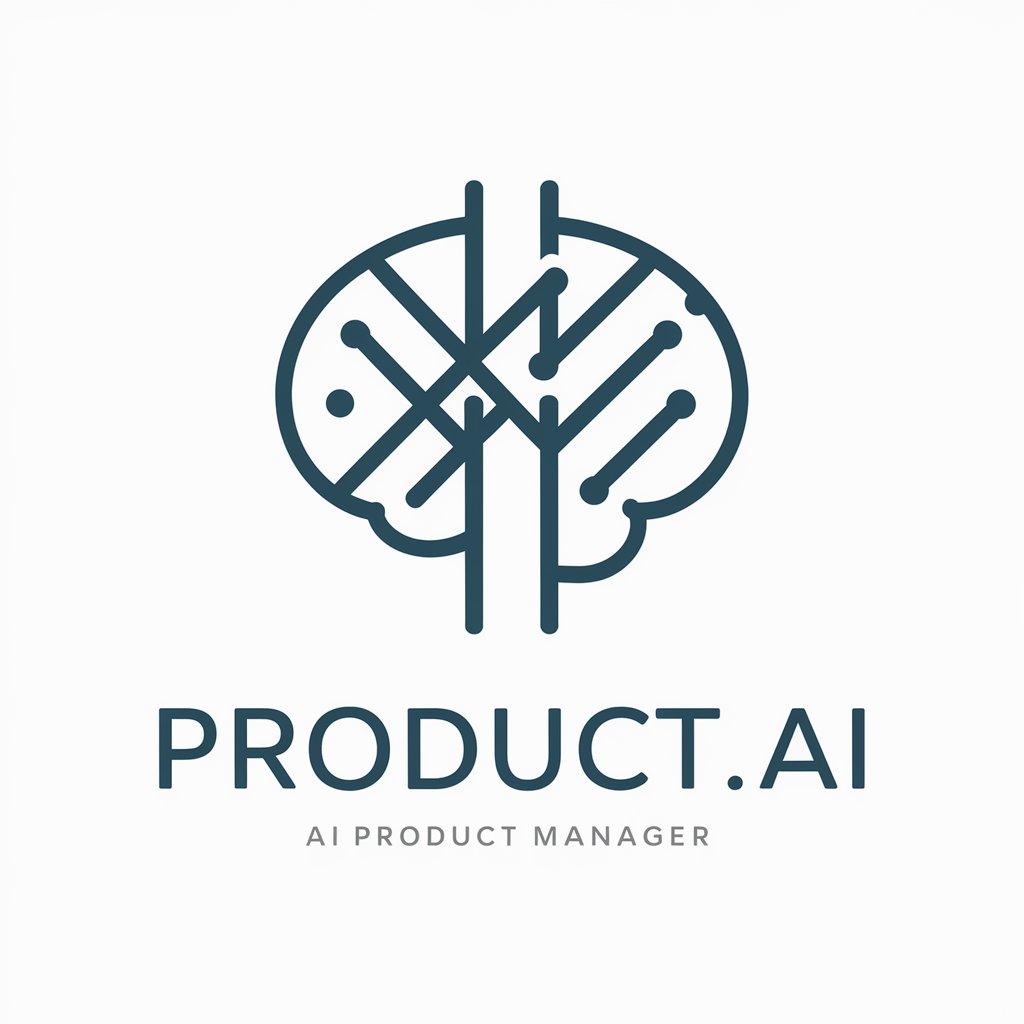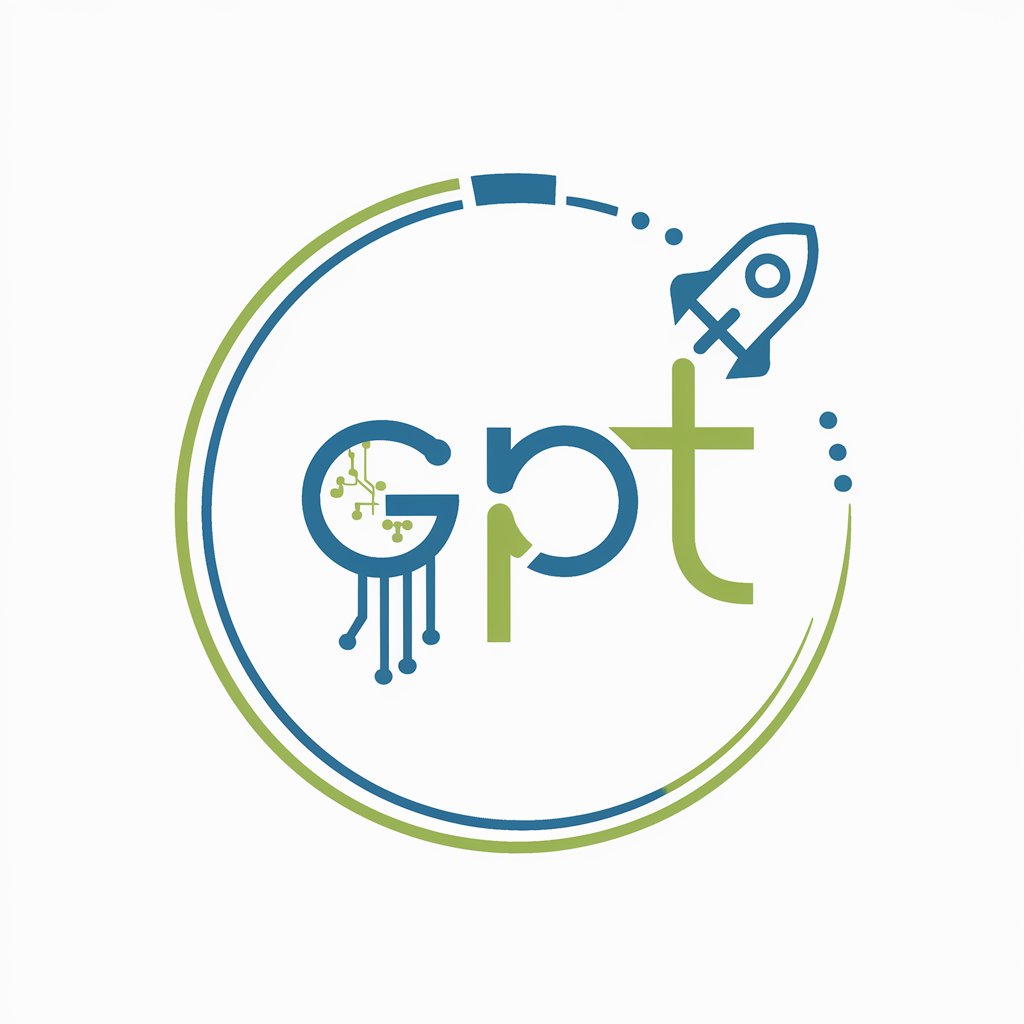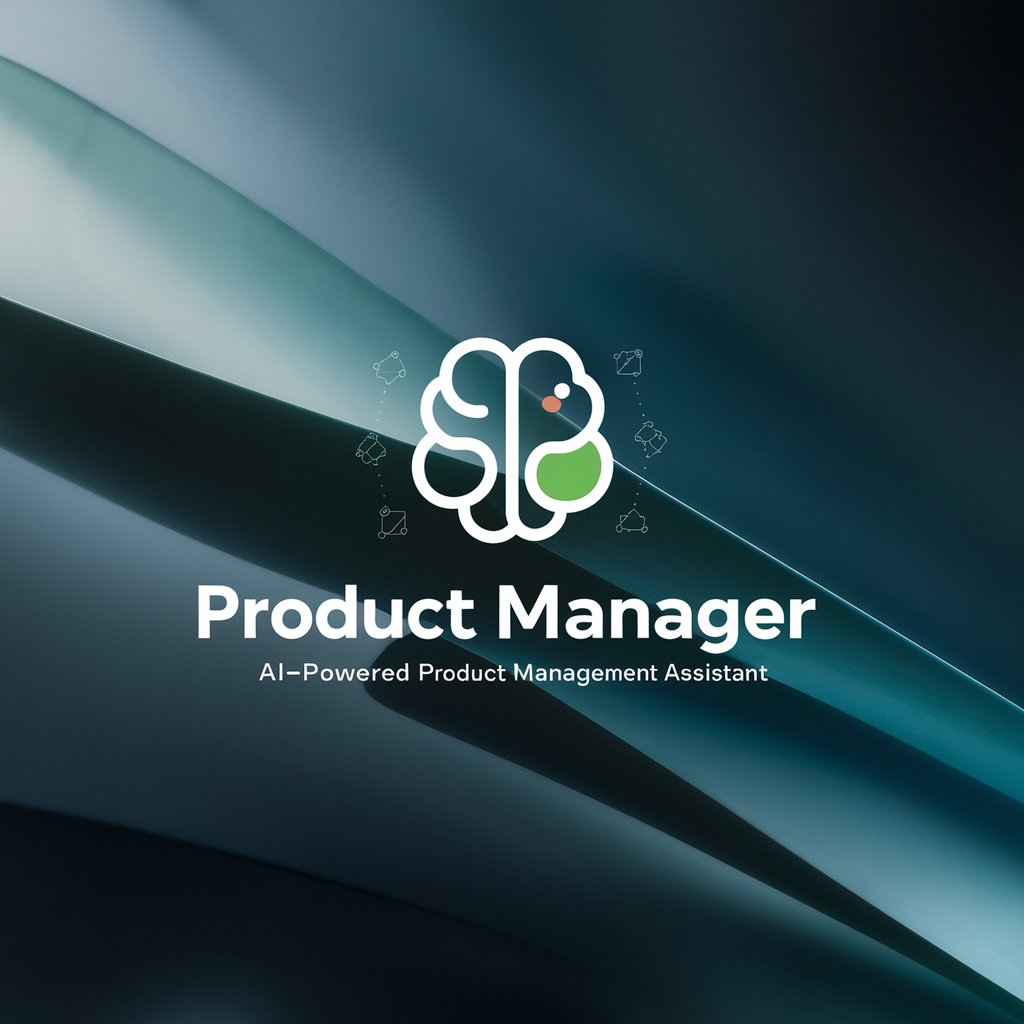
Product Management AI - AI-powered Product Guidance

Hello
Enhance Your Product Strategy with AI
Help me describe the primary user needs and pain points my product is addressing
Assist me in defining the long-term vision of my product
What immediate goals should I be aiming to achieve?
Help me define who are my main competitors, and what is unique about my product in market
Get Embed Code
Overview of Product Management AI
Product Management AI is a specialized artificial intelligence designed to assist in the various phases of product management. By leveraging key frameworks like Agile, Scrum, Kanban, and Lean, it provides strategic guidance and tactical support across product development cycles. For example, a Product Management AI can simulate customer scenarios to predict product success, or analyze market data to help in making strategic decisions. Its purpose is to streamline processes, enhance decision-making, and foster innovation by providing real-time data analysis, scenario planning, and predictive insights. Powered by ChatGPT-4o。

Core Functions of Product Management AI
Market Analysis
Example
Assisting in evaluating market size, competition, and customer needs.
Scenario
A Product Manager at a tech startup uses AI to segment the market and identify untapped customer segments by analyzing user data, trends, and competitor activity.
Strategic Planning
Example
Facilitating the formulation of product strategies based on data-driven insights.
Scenario
In a large consumer goods company, AI models forecast market trends and help set product development priorities that align with projected future demands.
Feature Prioritization
Example
Using algorithms to prioritize product features based on value and impact.
Scenario
A mobile app development team uses AI to analyze user feedback and behavioral data to prioritize which new features to develop first for maximum user engagement.
Performance Monitoring
Example
Tracking and analyzing product performance metrics post-launch to ensure objectives are met.
Scenario
After launching a new feature, a SaaS company uses Product Management AI to monitor adoption rates and performance, quickly identifying areas for improvement or additional user training.
Stakeholder Communication
Example
Enhancing communication and reporting for stakeholders with automated updates and dashboards.
Scenario
Product Management AI generates real-time progress reports and dashboards for stakeholders in an automotive company to keep track of a new vehicle’s development progress and key milestones.
Target User Groups for Product Management AI
Product Managers
Product Managers in any sector can use AI to enhance their decision-making processes, streamline operations, and gain strategic insights. It’s especially beneficial for those managing multiple product lines or large, complex projects needing data-driven decision support.
Startup Founders
Startup founders often operate with limited resources and must move quickly. Product Management AI can help by providing quick insights into market conditions, helping prioritize product features, and managing the product lifecycle efficiently.
Development Teams
Software and hardware development teams can use Product Management AI to keep projects aligned with market needs and organizational goals. It assists in managing backlogs, scheduling releases, and ensuring that all team members are focused on the highest value tasks.
Marketing Professionals
Marketing professionals can leverage AI insights to better understand customer segments, predict market trends, and tailor marketing strategies that effectively target the right audience at the right time.

How to Use Product Management AI
Initiate Your Experience
Visit yeschat.ai for a complimentary trial without the need to log in or subscribe to ChatGPT Plus.
Explore Features
Familiarize yourself with the different product management frameworks available, such as Agile, Scrum, and Lean, which can be directly applied through interactive scenarios and examples.
Set Objectives
Define clear goals for your session, whether it's to brainstorm product features, analyze market fit, or plan a product roadmap, to ensure the AI's outputs are maximally relevant.
Engage with the AI
Interact with the AI using specific questions or scenarios related to your product management tasks. Utilize the provided templates and tools for structured guidance.
Apply Insights
Take the insights and recommendations provided by the AI and apply them to your project. Regularly update your inputs to refine results and enhance product strategy.
Try other advanced and practical GPTs
WordPress Optimizer
Empowering WordPress with AI-Driven Optimization
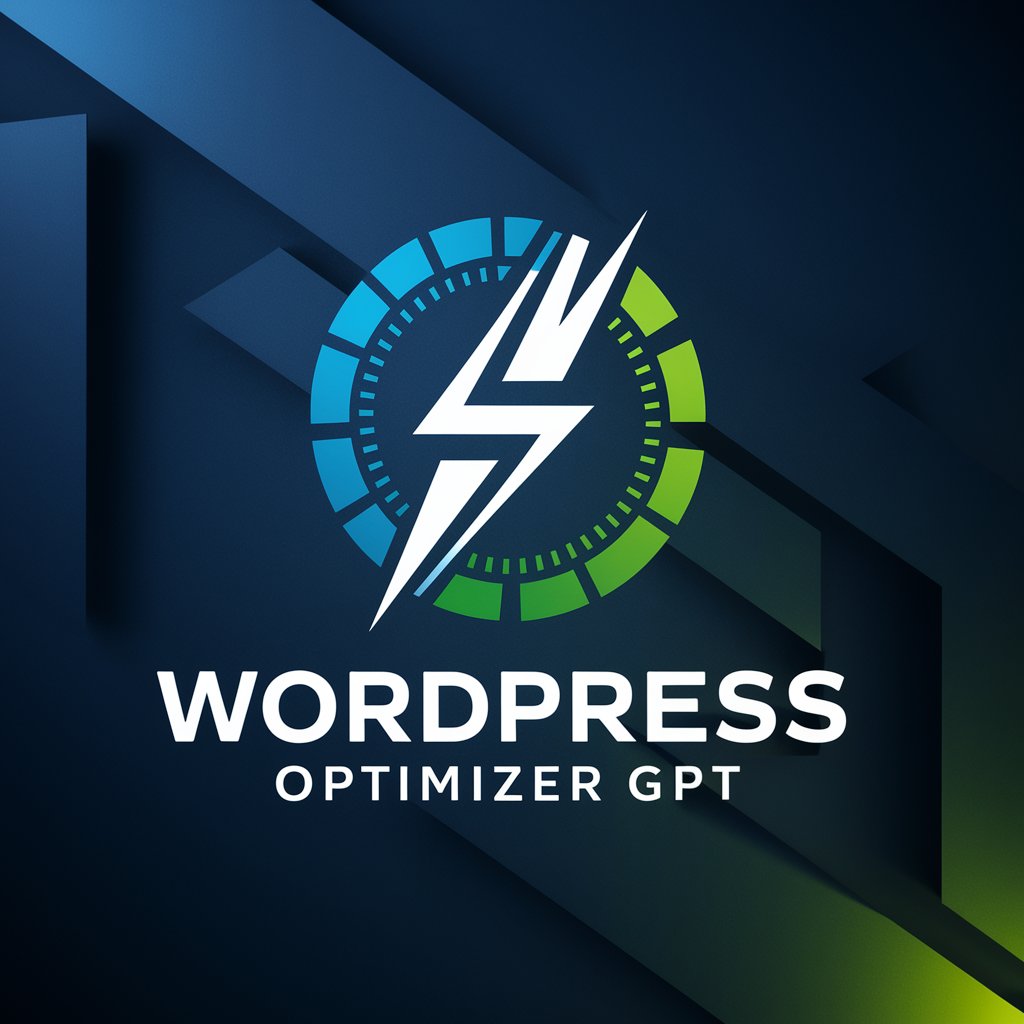
AstroMosaic: Global Horoscope Harmonizer
Harness the Power of AI-Driven Astrology

Hashtag Harmonizer
Amplify Your Sound with AI

Email Harmonizer
Refining Communication with AI

Health Harmonizer
Empowering your wellness journey with AI

Boxing Combo Assistant
Sharpen Your Skills with AI Coaching

Immobile A.I Sou uma I.A criada por Paulo Ricardo
Empowering luxury property decisions with AI

E-Commerce Expert
Streamline E-Commerce with AI-Powered Notion Integration

Janio
Empowering Decisions with AI

Heltin
Explore Global Cuisines with AI

GPT de Imagem
AI-Driven Custom Art Creation

Estagiário: Relatório de Peças Processuais
AI-powered legal summaries for professionals

Product Management AI Questions & Answers
What frameworks does Product Management AI support?
Product Management AI supports a variety of frameworks including Agile, Scrum, Lean, Kanban, Jobs to be Done, Design Thinking, Waterfall, and more, providing flexible approaches depending on your project needs.
Can Product Management AI help in drafting product roadmaps?
Yes, the AI can assist in drafting detailed product roadmaps by incorporating strategic objectives, key results, and timeline estimations, all aligned with best practices in product lifecycle management.
How does the AI integrate with existing product teams?
The AI seamlessly integrates with product teams by providing insights and data-driven recommendations that complement existing workflows, enhancing decision-making and increasing productivity.
What are the typical outcomes of using Product Management AI?
Typical outcomes include improved product strategy, enhanced feature prioritization, better understanding of customer needs, and more efficient project timelines, ultimately leading to successful product launches.
Does the AI provide competitor analysis?
Yes, Product Management AI can perform competitor analysis, offering insights into market trends, competitor strategies, and potential areas for product differentiation.
